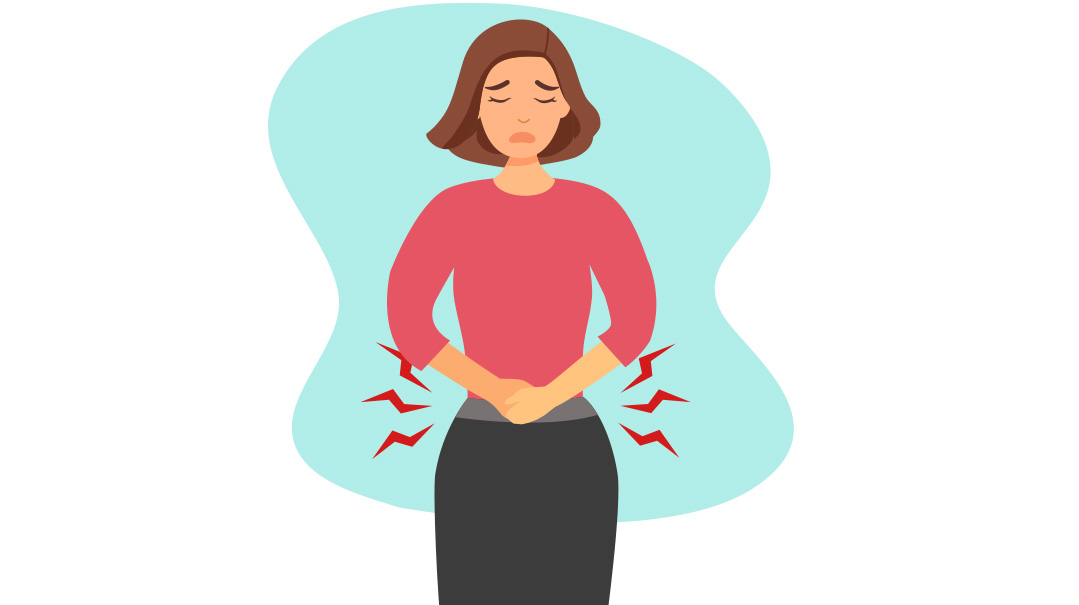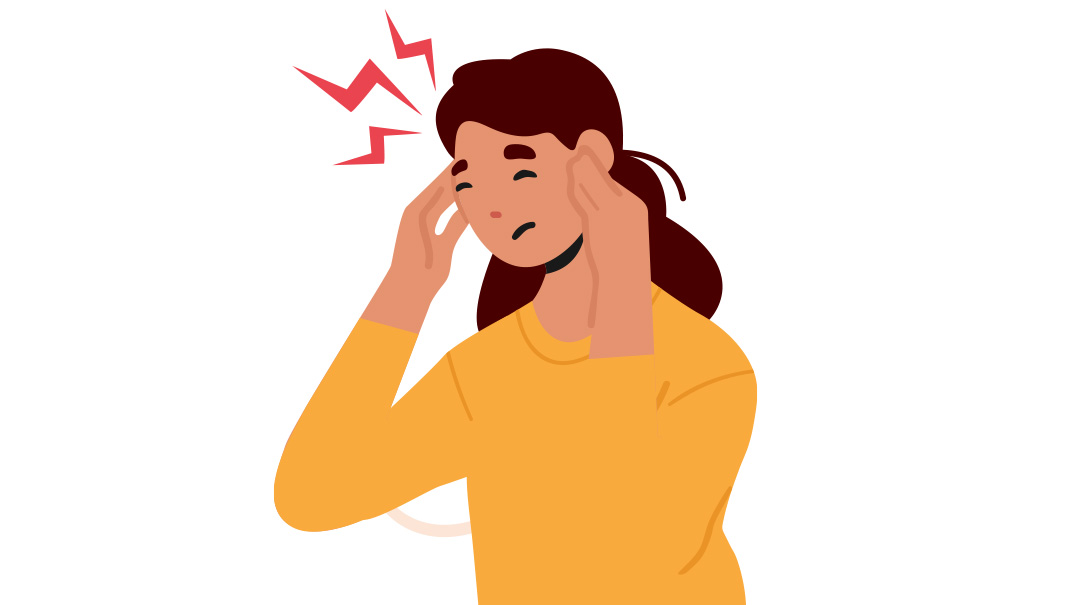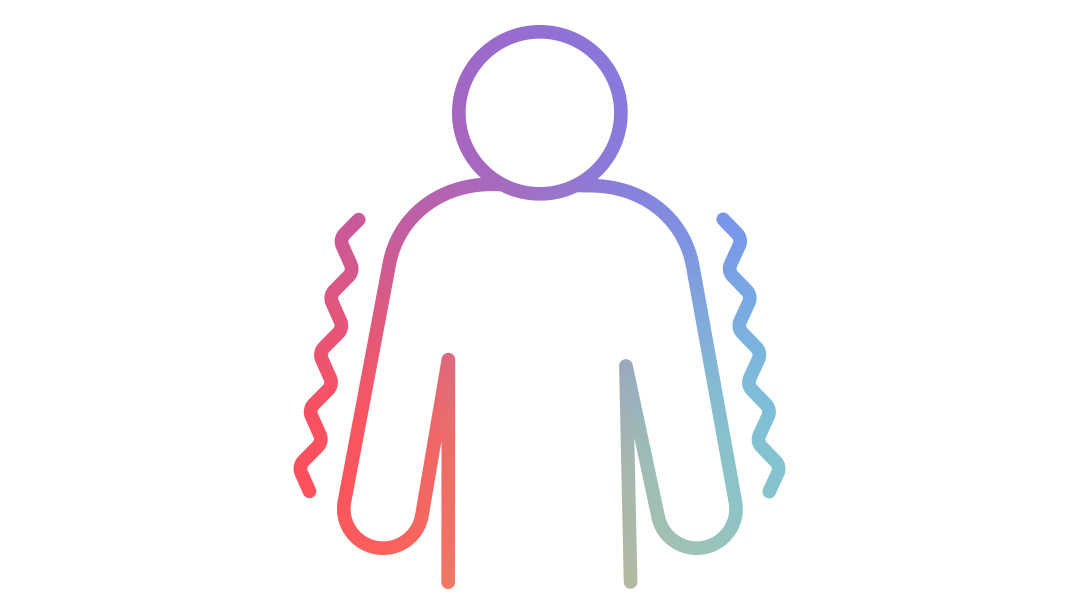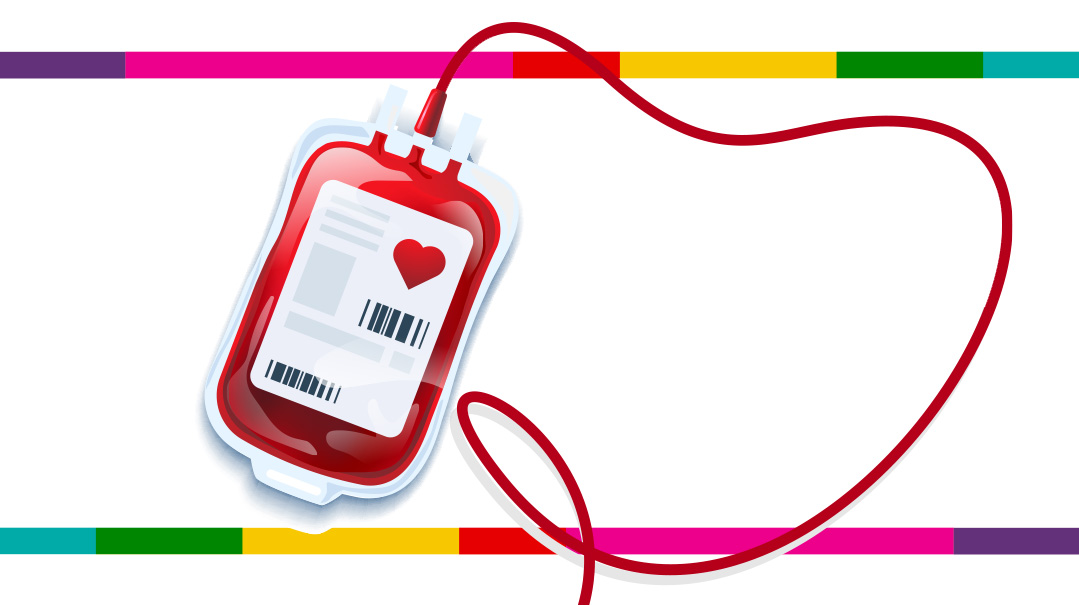Stressed Out!
| December 1, 2021Four proven ways to help manage your stress and reduce its toll on your body
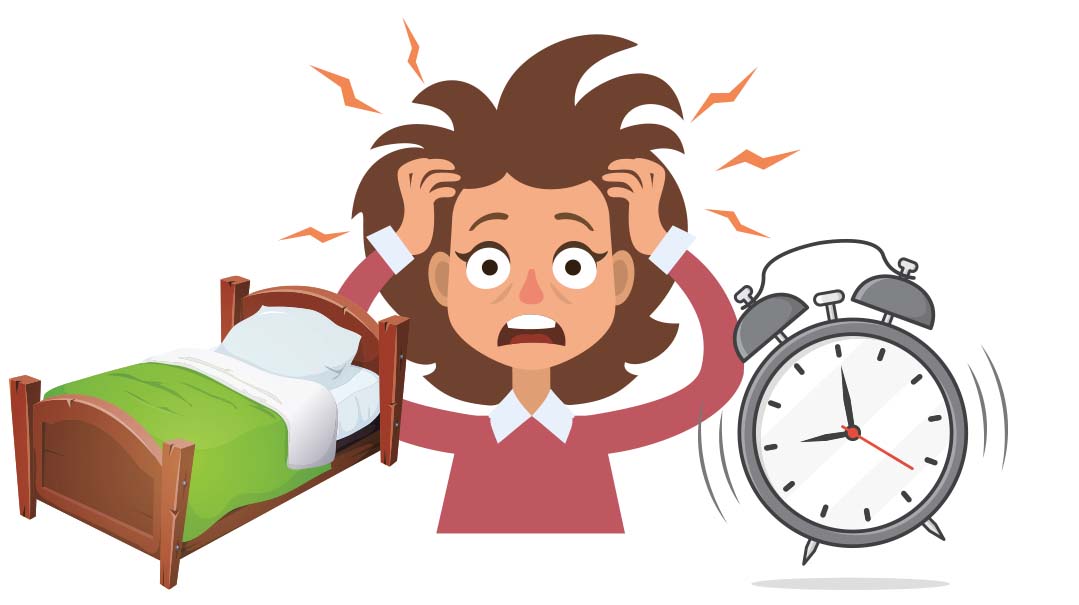
Life sure is stressful sometimes! Teens have an awful lot going on: academic pressure, social pressure, family obligations, and other commitments. Many teens are dealing with really stressful situations: family issues, health concerns — their own or a family member’s, moving (schools, communities, countries), death or divorce in the family, difficult financial or emotional situations, the list goes on and on….
The problem is that stress is unhealthy and really isn’t good for you. What’s a girl to do? Life inevitably gets stressful, but being stressed out is bad for your body, mind, and soul. Help!
TP to the rescue: Here are four proven ways to help manage your stress and reduce its toll on your body.
- GET ENOUGH SLEEP
I know, I know. You’ve heard this enough. But it’s true: When we’re low on sleep, everything is more stressful. It’s harder to keep things in perspective when we’re exhausted. Did you know that between the ages of 13–18, you need about nine hours of sleep a night?
Getting more shut-eye can help you in so many ways, and it can also ease your tension levels. (And exercise. And eating well. But we’ve discussed those already in previous columns....)
- LEARN TO PIVOT
Here’s a secret that can totally, literally change your life — and your stress levels. To quote expert psychologist Sarah Chana Radcliffe, your mind is your instrument — it’s not you. Meaning, you are in charge of what your mind thinks; it’s not your boss! When your mind wanders to worrying, upsetting, stressful thoughts, YOU can decide to think of something else instead. Focus on something that makes you happy instead of focusing on something that makes you sad. Yes, it’s that simple, though you’ll need to practice doing this, because right now your mind is wired to think about upsetting stuff. Retraining the brain can take a few weeks.
In order for this to really work, set aside times for problem-solving — every evening at nine, for instance. Whenever an upsetting thought arises, practice saying to yourself: “I don’t want to think about this stressful situation right now; I’m in the middle of my day. At nine o’clock tonight I’ll sit down and see if there’s anything I can do about it. Until then, I’m going to enjoy my day — right now I’ll focus on my adorable niece who’s coming for Shabbos!”
This is a skill that, once mastered, you will value your entire life.
- TALK
Chazal tell us that when something is troubling us, it’s a good idea to share. For regular day-to-day stuff, talk to your friends; when something more serious is going on, find an adult you can trust: an aunt, parent, teacher, rav, or rebbetzin. Finding the right listening ear can help prevent a lot of stress.
- Practice Meditation, Breath Work, and Relaxation Techniques
Yup, I mean you! There are enormous benefits to spending a dedicated period (even just five minutes a day) listening to a meditation, or practicing some breath work or relaxation techniques. Here’s a really easy one to learn (even if you’ve never done anything like this before). When you’re trying to fall asleep, focus on the fact that you’re breathing — inhale, exhale. As you breathe in, think: Inhale. As you breathe out, think: Exhale. Every time your mind wanders, gently bring it back to focusing on your breath. This super-simple exercise can help you fall asleep, sleep better, and reduce your stress levels. And if you don’t love it, there are so many other types of breath work out there — find one that feels great for you.
DID YOU KNOW?
Stress has been proven to play a role in many diseases, including heart attacks.
Some teens, when overloaded with stress, struggle with anxiety, social withdrawal, physical illness, depression, or unhealthy coping mechanisms. Prevention is the best cure.
(Originally featured in Teen Pages, Issue 888)
Oops! We could not locate your form.

